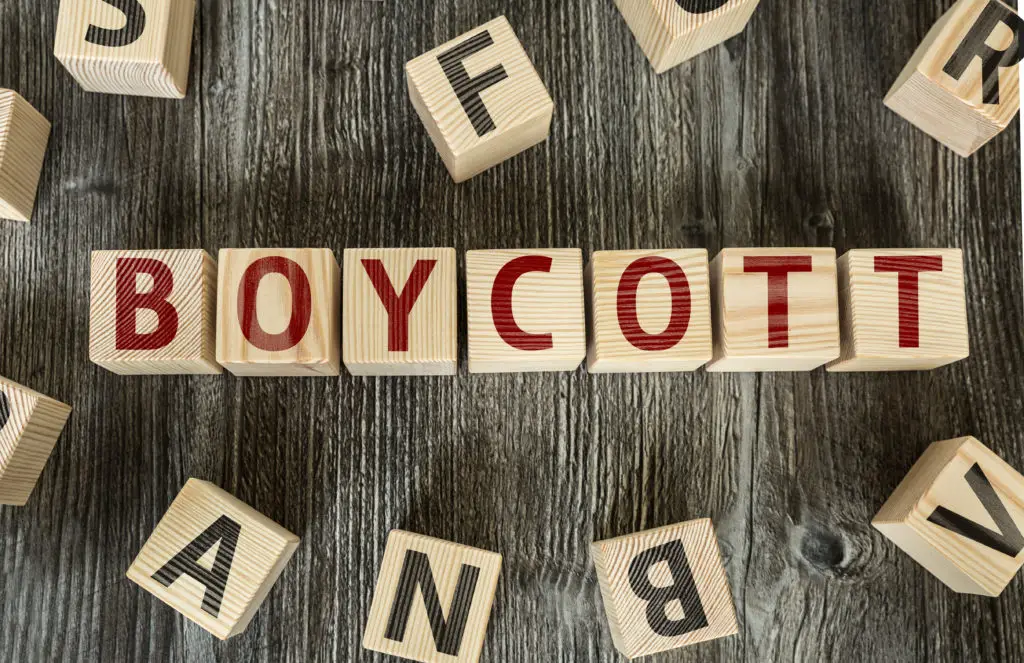The word “boycott” means that someone voluntarily withdraws from using something, buying, or dealing with a person, group, or country and is used as a form of protest. But where did this word come from? It can be traced back to a specific event and a person’s name from 1880.
In Ireland, from the 1870s to the 1890s, there was a period of civil unrest between rural tenant farmers and wealthy landlords called the Irish Land War. While it wasn’t actually a “war” in the traditional sense, there were some deaths and violence.
There had been an economic downturn after 1874 across Ireland and Europe called the “Long Depression.” Harvests were poor, and prices were low. Outside of Ulster, a province of Ireland in the north and outside Britain, tenant farmers had fewer rights than those inside those regions.
Tenant farmers in these areas could be evicted when a rental agreement ended, they had no right to be given a written lease, and they couldn’t get payments for any improvements they made to the land. A powder keg was brewing, and this led to the formation of the Irish Land League.
The Irish Land League represented tenant farmers in rural Ireland and fought for free sale, fixity of lease, and fair rent, which came to be known as the “Three Fs.” This was where Captain Charles C. Boycott came into the picture.
Boycott’s job was to collect rent from tenant farmers for landlords. In 1880, the Irish Land League organized tenant farmers to protest against Boycott and demanded a lowering of their rent. Boycott didn’t agree and had the farmers removed from their land instead.
The Irish Land League decided that instead of using violence to retaliate for the act, which would have brought only more problems, the farmers should collectively refuse to work any land Boycott had involvement with.
Boycott soon found that he no longer had any trading partners, and he couldn’t harvest any of the crops he was in charge of. Boycott eventually found workers who agreed to harvest the crops, but he had to pay for their protection with the addition of police and soldiers though no threats of violence were evident. Boycott completed the harvest, but the “Boycott” continued against him. At the end of 1880, Boycott quit his position and went to England.
The word “Boycott” began to be used in newspapers to describe the Irish Land League’s tactic in publicly shunning Boycott. Its use was expanded not long after the beginning of the 1900s when the uppercase “B” was replaced with a lowercase “b” to reference this type of action.
Sources: Oxford Dictionaries, Online Etymology Dictionary, New World Encyclopedia, Encyclopedia.com


